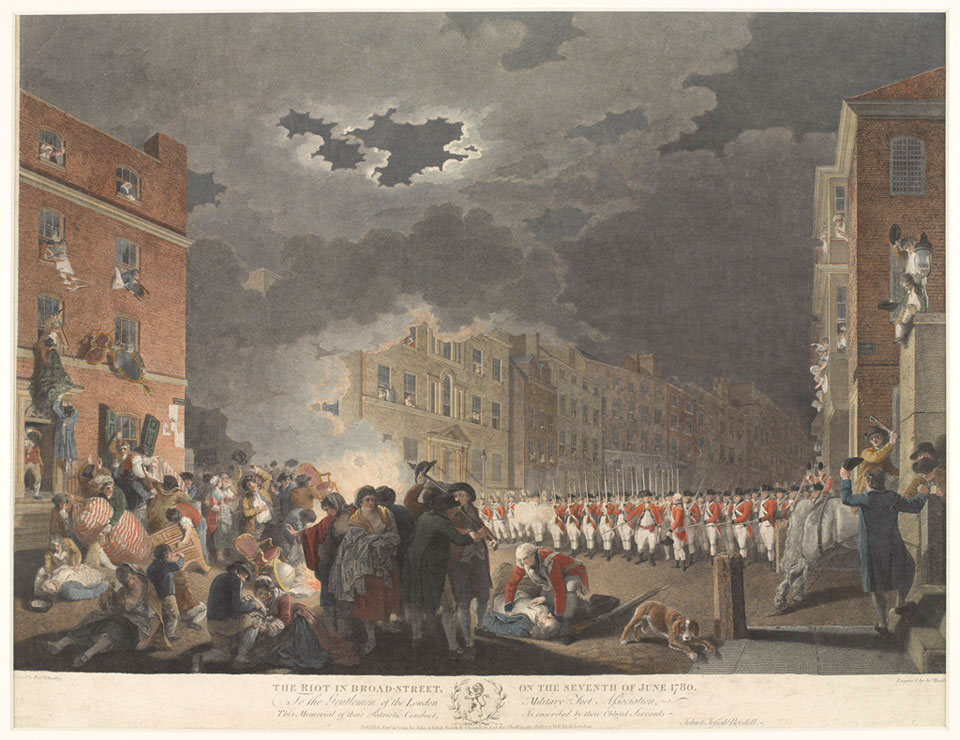Big Fat Lies
September 23, 2018
This week Michael Hobbes’ September 19 investigative feature for the Huffington Post resonated with a lot of readers. So what did Hobbes’ report on for a piece that has garnered collective sighs and tears of relief, nods of understanding and recognition, defensiveness and ire from some medical professionals, head-shaking affirmation from some dieticians, and almost every imaginable emotion from a range of people in between? “Everything You Know About Obesity Is Wrong.” The declarative, full-stop title says it all.
As a fat and (mostly) happy person, I have lived many of the experiences Hobbes’ detailed in his article for almost my entire life. Quick and simple takeaways from his piece included: Diets do not work. Shame does not work. Rude and dismissive health care professionals do not work (duh). Being fat and happy is not only possible, but revolutionary, even in 2018.
By the time I was 5 years old, my maternal grandmother promised me a $100 if I lost weight. Never mind at the time I was a perfectly average little girl who did not need to be sidetracked with wondering if my worth and size were less than or problematic at such a young age. “Living in a female body, a Black body, an aging body, a fat body, a body with mental illness is to awaken daily to a planet that expects a certain set of apologies to already live on our tongues,” writes Sonya Renee Taylor in The Body is Not an Apology: The Power of Radical Self-Love. “There is a level of ‘not enough’ or ‘too much’ sewn into these strands of difference.” Amen. The unfortunate message I received from my grandmother at such a tender age was I was not enough and simultaneously too much because of my weight.
Now, as a mother of a 1-year-old daughter, I have a sacred mission of ensuring my daughter knows she is loved and appreciated for who she already is, end of story. The only way to teach her this lesson is to love myself and my big, beautiful body right now, as is. This love does not glorify obesity or gluttony, but rather shows Luci and myself that every body deserves love, respect, and kindness. Every parent hopes they do better than the last generation, and while I know I will make my own mistakes as a parent (and likely already have), body-shaming my daughter will not be one of them.
While it should be a no-brainer that loved ones commenting on a child’s weight is destructive, research shows us when relatives and parents make these types of comments we set dangerous precedents in motion. Body-shaming, especially women whose looks and bodies are still scrutinized the most in our culture, primes the pump for disordered eating, poor body image, low self-esteem, and much more. I know the pain and struggle of having an undisclosed eating disorder in high school, of tying my worth to an arbitrary number on a scale, of being more likely to earn less in my career (let alone getting hired) based on my size, of fat jokes as a still acceptable brand of humor, and of having to switch ob-gyns half-way through my pregnancy because even though I lost weight while pregnant, the nurse’s arched eyebrow when I stepped upon the scale or the assumption I was going to birth a monster baby were too much to deal with during an already high-risk pregnancy. My second ob-gyn was empathetic, thoughtful, and empirical, and my baby girl was born healthy and full-term at a remarkably average size.
All of this is to say anyone who reads Hobbes’ article who is fat or has loved a fat person knows this report and its findings are self-evident. Why any person’s body is up for discussion or ridicule is beyond me. And before you @ me with your “drains on the health care system” arguments, every body, fat or not, deserves respect.





